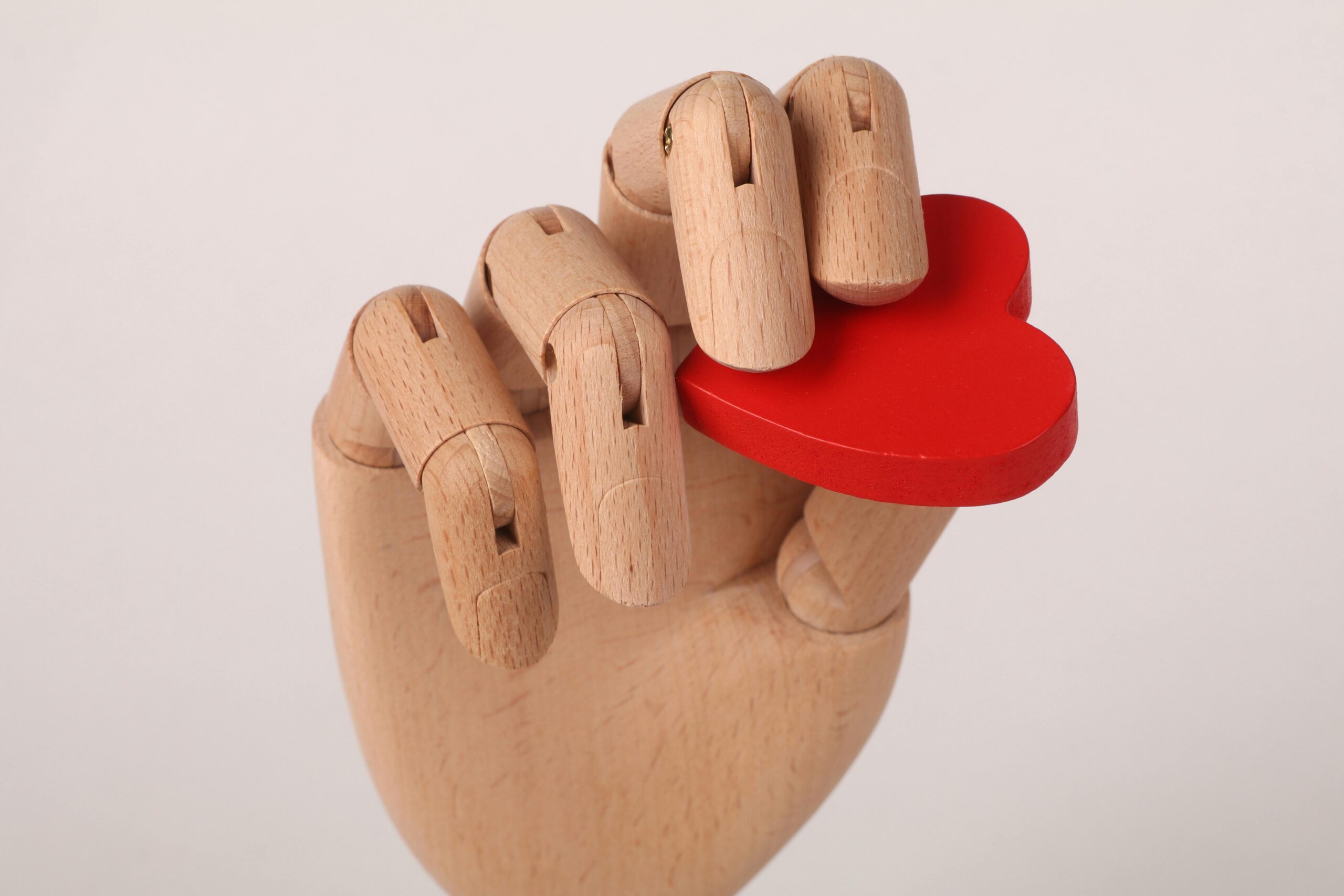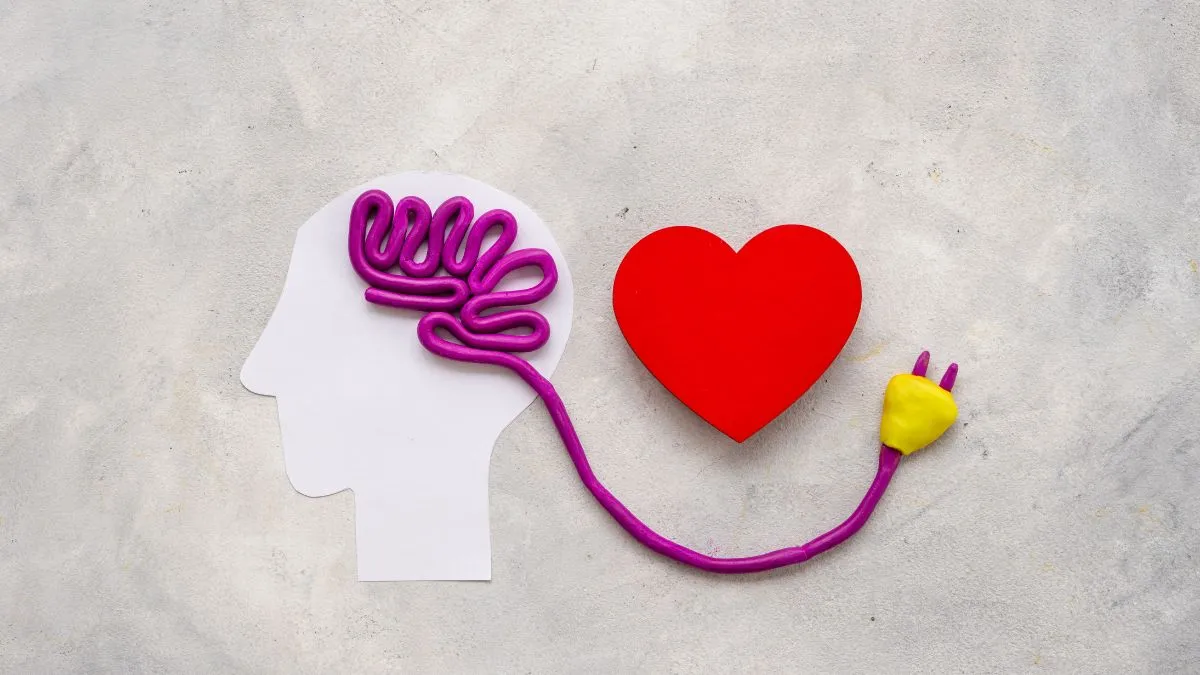Hugging is such a simple form of affection. Hugs are shared by friends, family, partners, lovers, and between parents and children. They are used to say hello and goodbye, for comfort, and to express affection. Would it surprise you to learn there are many powerful benefits of hugs? In fact, hugs heal!
What are the benefits of hugging someone? Read on to learn why hugging is good for you.
Hugs boost oxytocin
Oxytocin is a hormone naturally created in the body. It is sometimes referred to as the “love hormone” or “cuddle hormone” because it is produced when we feel or express love, when we kiss, engage in sexual activity, and… when we hug! The more we hug, the higher our oxytocin levels.
Oxytocin plays a huge role in a variety of bodily functions and aids in our health and well-being. It is the main reason there are so many health benefits of hugs.
5 powerful benefits of hugs
1. Reduce stress and pain
Hugs work surprisingly well at reducing stress. It does so for two main reasons: it increases oxytocin and reduces cortisol.
Receiving hugs reduces the impact of daily struggles. It also strengthens the effect of emotional support from loved ones. In other words, although a hug from someone we aren’t close to reduces our stress, hugs from loved ones are doubly powerful!
Hugging also helps reduce the release of cortisol, the stress hormone. Cortisol is released as part of our natural stress response. Cortisol is what causes physiological responses to stress in our body, like increased blood pressure and depression. Oxytocin helps to counteract it.
So if you’re about to do something stressful, like public speaking, start with a hug! And if you’re having a particularly stressful day, hug someone you love.
Interestingly, our response to pain functions the same as non-physical stressors, which is why hugging your kiddo after they’ve fallen can be so effective in helping them feel better.

2. Heart health
Our cardiovascular, or heart, health is also impacted by hugs. Multiple studies have found that an increase in hugs with one’s partner results in reduced heart rate and lower blood pressure levels. This is not only true for resting heart rate, but also for heart rate and blood pressure responses to stress!
3. Boost your immune system
Similar to heart health, hugging gives your immune system a boost. Those who are hugged have a decreased risk of infections, such as a cold virus. Those who hug more frequently are also less likely to have severe symptoms when they do get sick.
Individuals who experience hugging throughout their life are more likely to report good, very good, and excellent health into adulthood. Imagine the effect of lifelong hugs! If you aren’t already, get to hugging someone now.
4. Make you happier
It stands to reason that since oxytocin helps to reduce our stress and increase our health, it also makes us happier. Another way it does this is by aiding us in emotion regulation.
Oxytocin isn’t the only hormone released when we hug. Serotonin and dopamine are also released. These hormones cause us to feel happy, calm, and in harmony.
All of these combined have been shown to reduce mood disorders, such as depression and anxiety. It’s no surprise that many antidepressants are designed to increase serotonin levels. For many of us, hugs may be enough to boost these happy-making hormones. That said, hugs are no replacement for those who need medicinal intervention.

5. Strengthen relationships
Hugging is one of the most common displays of affection. It’s used between friends, family members, parents and children, and romantic and intimate partners.
Hugs are found to convey empathy and trust, caring and reassurance. The production of oxytocin helps increase bonding as well as social attachment.
This is easy to see in our interactions with others. When we see someone hurting, in pain, or crying, we instinctively want to hug them. And we in turn feel safe and comforted when someone hugs us when we’re upset.
Alone and need a hug?
The interesting thing about hugs is you even benefit from hugging inanimate objects, such as stuffed animals or pillows, pets, and yourself. This is really great news considering we’re in the middle of a pandemic. Don’t feel safe hugging people right now? Hug a pet instead. And when your child needs comfort but isn’t up for touching, teach them to hug a beloved toy!
The benefits of hugging for 20 seconds or more are huge. After all, hugs really do heal.
Register for my FREE Intro to Anger Management Course
Are you struggling to manage your anger? If so, then this free Anger Management Course is for you.
References and recommended resources
- Cohen, S., Janicki-Deverts, D., Turner, R. B., & Doyle, W. J. (2015, February). Does hugging provide stress-buffering social support? A study of susceptibility to upper respiratory infection and illness. Psychological Science 26(2), 135-147. https://doi.org/10.1177/0956797614559284
- Ditzen, B., Neumann, I. D., Bodenmann, G., von Dawans, B., Turner, R. A., Ehlert, U., & Heinrichs, M. (2007). Effects of different kinds of couple interaction on cortisol and heart rate responses to stress in women. Psychoneuroendocrinology 32(5), 565-574. https://doi.org/10.1016/j.psyneuen.2007.03.011
- Grewen, K. M., Anderson, B. J., Girdler, S. S., & Light, K. C. (2003). Warm partner contact is related to lower cardiovascular reactivity. Behavioral Medicine 29(3), 123-130. https://doi.org/10.1080/08964280309596065
- Lee, H-J., Macbeth, A. H., Pagani, J., & Scott Young 3rd, W. (2009). Oxytocin: The great facilitator of life. Progress in Neurobiology 88(2), 127-151. https://doi.org/10.1016/j.pneurobio.2009.04.001
- Light, K. C., Grewen, K. M., & Amica, J. A. (2005). More frequent partner hugs and higher oxytocin levels are linked to lower blood pressure and heart rate in premenopausal women. Biological Psychology 69, 5-21. https://doi.org/10.1016/j.biopsycho.2004.11.002
- Mayordomo, R., Martin-Cordero, L., Mingorance-Alvarez, E., Perez-Pico, A. M., Hidalgo-Ruiz, S., Cubera-Gonzalez, E., Moya-Ignacio, M., Ledesma-Alcazar, M. C., Alfageme-Garcia, P., Escamilla-Martinez, E., Garcia-Delgado, E., & Martinez-Quintana, R. (2021, March 8-9). Influence of hugging and breath control before exams in health sciences degrees [Conference session]. 15th International Technology, Education and Development Conference, Online Conference. https://doi.org/10.21125/inted.2021.1106
- Rogers-Jarrell, T., Eswaran, A., and Meisner, B. A. (2021). Extend an embrace: The availability of hugs is an associate of higher self-rated health in later life. Research on Aging 43(5-6), 227-236. https://doi.org/10.1177/0164027520958698
- Zafar, T. & Shrivastava, V. K. (2019). Oxytocin: The neurohormone. Advances in Clinical Toxicology 4(1). Doi: 10.23880/act-16000148




